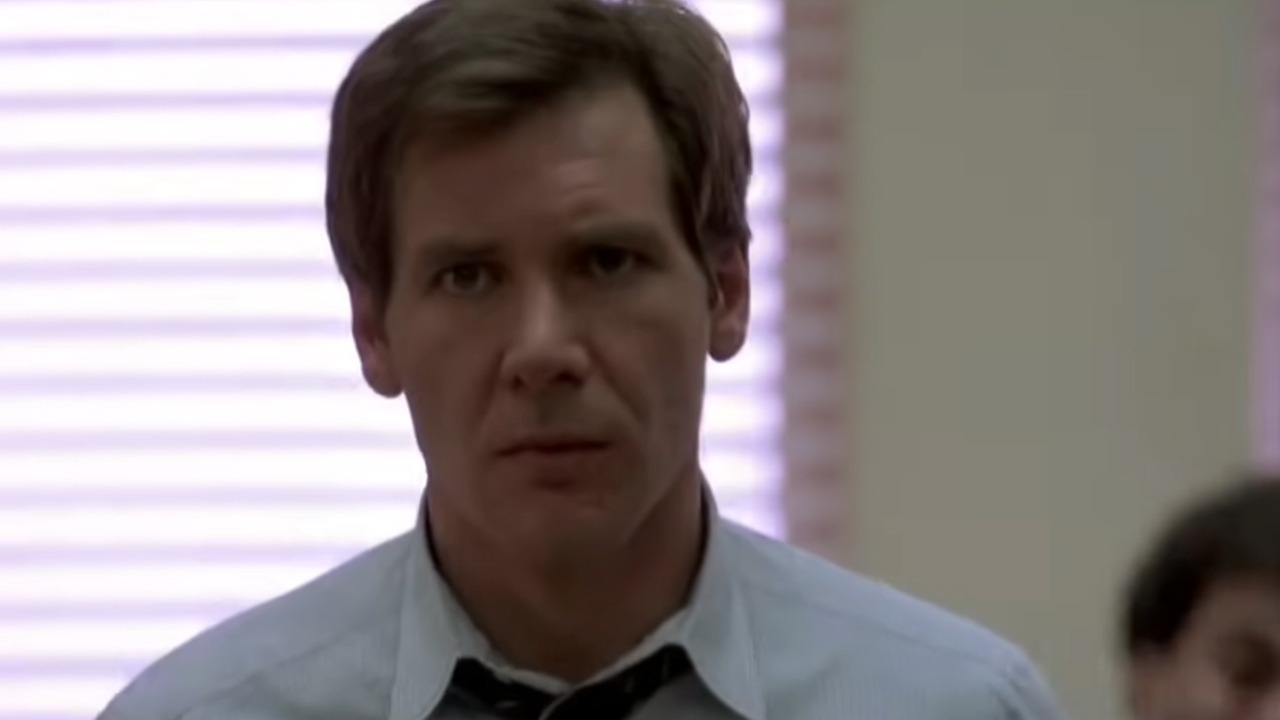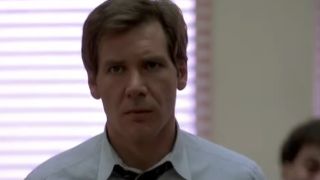By the mid-’80s, Harrison Ford was one of the biggest action stars on the planet. He was a huge part of two of the most popular franchises of all time, in Star Wars and Indiana Jones, and it hadn’t become a franchise yet, but he was also in Blade Runner, of course. In 1985, he took a big leap into more serious roles with Witness. I recently rewatched this Peter Weir-directed classic with my Paramount+ subscription, and I have to say, it’s surprising that more people don’t mention it among his best movies these days.

Ford Showed Real Depth In Witness
Not to take away from his other roles, like Han Solo, but Witness showed a lot more depth to Ford’s acting. It was a love story wrapped in a fish-out-of-water story, wrapped in a thriller. His chemistry with co-star Kelly McGillis is great, as they struggle to figure out how the two of them, from such different backgrounds — he a Philadelphia homicide detective and she an Amish widow from Lancaster, PA — could find love together. It makes sense that he was once named People’s Sexiest Man Alive.
the late William Hurt for Kiss of the Spider Woman. Incidentally, the great Peter Weir was nominated for Best Director, but lost to Sydney Pollack for Out of Africa. Weir, like Ford, has also never won an Oscar, despite his own stellar career.
It’s one of the best performances of Ford’s career, without question. Sure, we all know him best for his action roles, and his participation in the biggest franchises in Hollywood, including the Jack Ryan movies he starred in, but he has much more range than he’s often given credit for, which he shows in movies like Frantic and The Mosquito Coast, from the same era as Witness.
It’s an acting range that has only grown with time, right up until this year, with Season 3 of Shrinking on the way. Of course, he’s still starring in blockbuster franchises, having joined the biggest of all time in 2025 with his appearances in Captain America: Brave New World, and the upcoming Thunderbolts*, taking over the role of Thaddeus Ross/Red Hulk from — interestingly, the man who beat him at the 1985 Oscars — William Hurt.

